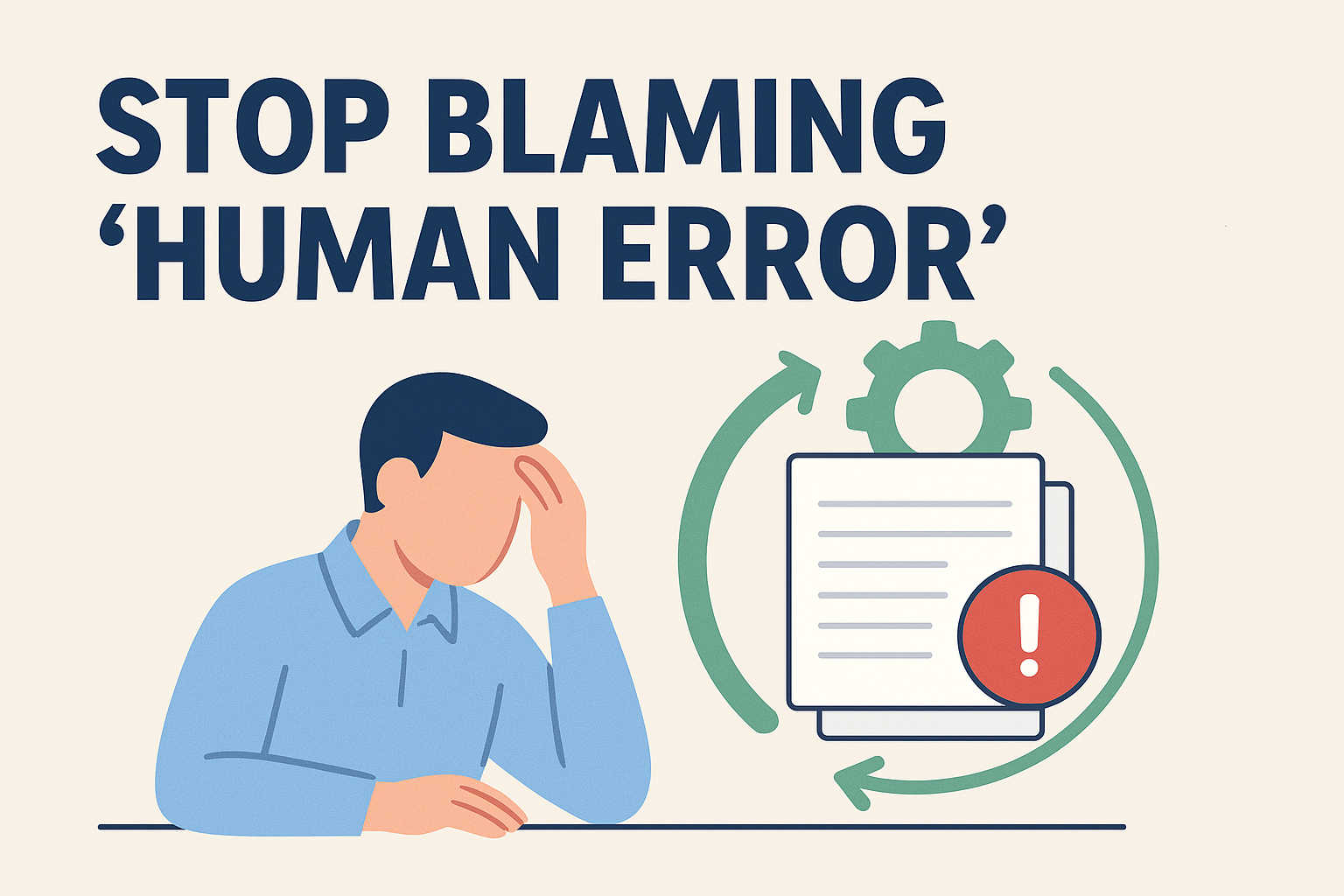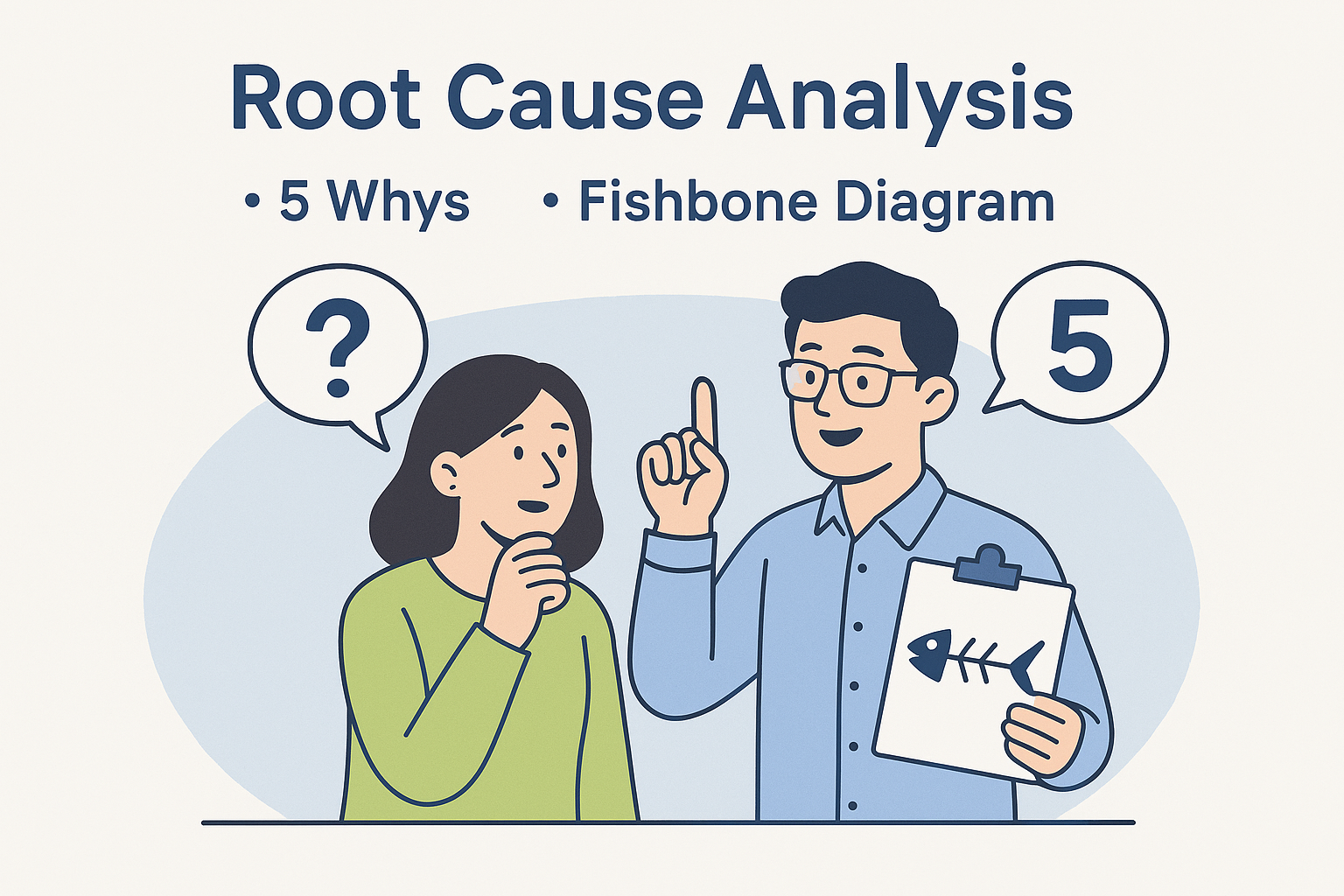Mohamad-Ali Salloum is a Pharmacist and science writer. He loves simplifying science to the general public and healthcare students through words and illustrations. When he's not working, you can usually find him in the gym, reading a book, or learning a new skill.
Why should you always consult your Pharmacist or Doctor?
Share
Some times we underestimate the symptoms that we are suffering from and choose to diagnose and heal ourselves by looking up the symptoms online.
This is one of the mistakes that people do frequently to avoid going to the physician or the pharmacist to save time. (As they may consider)
I’m not going to lie to you, sometimes you may get the diagnosis and the treatment right by searching online, however, most of the times the internet just exaggerate the signs and symptoms and makes you think that you have a serious illness that can’t be cured unless you drink a special syrup that makes you immortal :) (Disclaimer: there is no such thing)
Back to our topic.
I will list some cases where when you don’t consult a health care professional you might end up hurting yourself irreversibly.
Case 1:
A patient that has elevated blood pressure (Hypertension) and has some inflammation where he takes anti-inflammatory drugs.
Case 2:
A patient that takes antibiotics whenever he/she has respiratory infection.
Case 3:
A patient with elevated blood pressure (Hypertension) with a kidney dysfunction that is already taking ACE-inhibitor (Angiotensin-converting enzyme- inhibitor) and decides to start taking Potassium Supplements for a certain reason.
If you are a health care professional reading the above cases, I guess you already detected the problems in these cases. If not, I will list the scenarios that might happen in the worst cases.
Case 1 Scenario:
Anti-inflammatory drugs especially the NSAIDs (non-steroidal anti-inflammatory drugs) have antagonistic effects when administered with anti-hypertensive drugs(1). When taken chronically, these NSAIDs will lead to un-controlled hypertension. The solution for this case is to take an anti-inflammatory drug that has the lowest effect on the hypertension and for a short time. It is better to be discontinued if its use is not necessary.
Case 2 Scenario:
Taking antibiotics randomly and without confirming their necessity will lead to antibiotic resistance within the individual which will allow later simple infections to become lethal and hard to get rid of. Before taking any antibiotic, the pharmacist or physician should be consulted to assess their necessity. (2)
Case 3 Scenario:
ACE-inhibitors already lead to increased blood levels of Potassium. Administering Potassium Supplements with ACE-inhibitors will lead to hyperkalemia and thus arrhythmias and other symptoms (3). The best practice in this case is to always monitor the levels of potassium, and if the Potassium Supplement is not necessary it’s better to discontinue its use. For hypertensive patients with normal kidney function, there is a study concluded that an increase in dietary potassium over a 4 week period is safe (4).
Resources:
(1)Drug interactions between antihypertensive drugs and non-steroidal anti-inflammatory agents: a descriptive study using the French Pharmacovigilance database. DOI: 10.1111/fcp.12014
(2)The growing burden of antimicrobial resistance. DOI: 10.1093/jac/dkn241
(3)Life-threatening hyperkalemia from nutritional supplements: uncommon or undiagnosed DOI: 10.1016/j.ajem.2010.08.029
(4)Adequate intake of potassium does not cause hyperkalemia in hypertensive individuals taking medications that antagonize the renin angiotensin aldosterone system. DOI: 10.3945/ajcn.115.129635
List of Services
ABOUT THE AUTHOR
Mohamad-Ali Salloum, PharmD
Share
Recent articles:





















